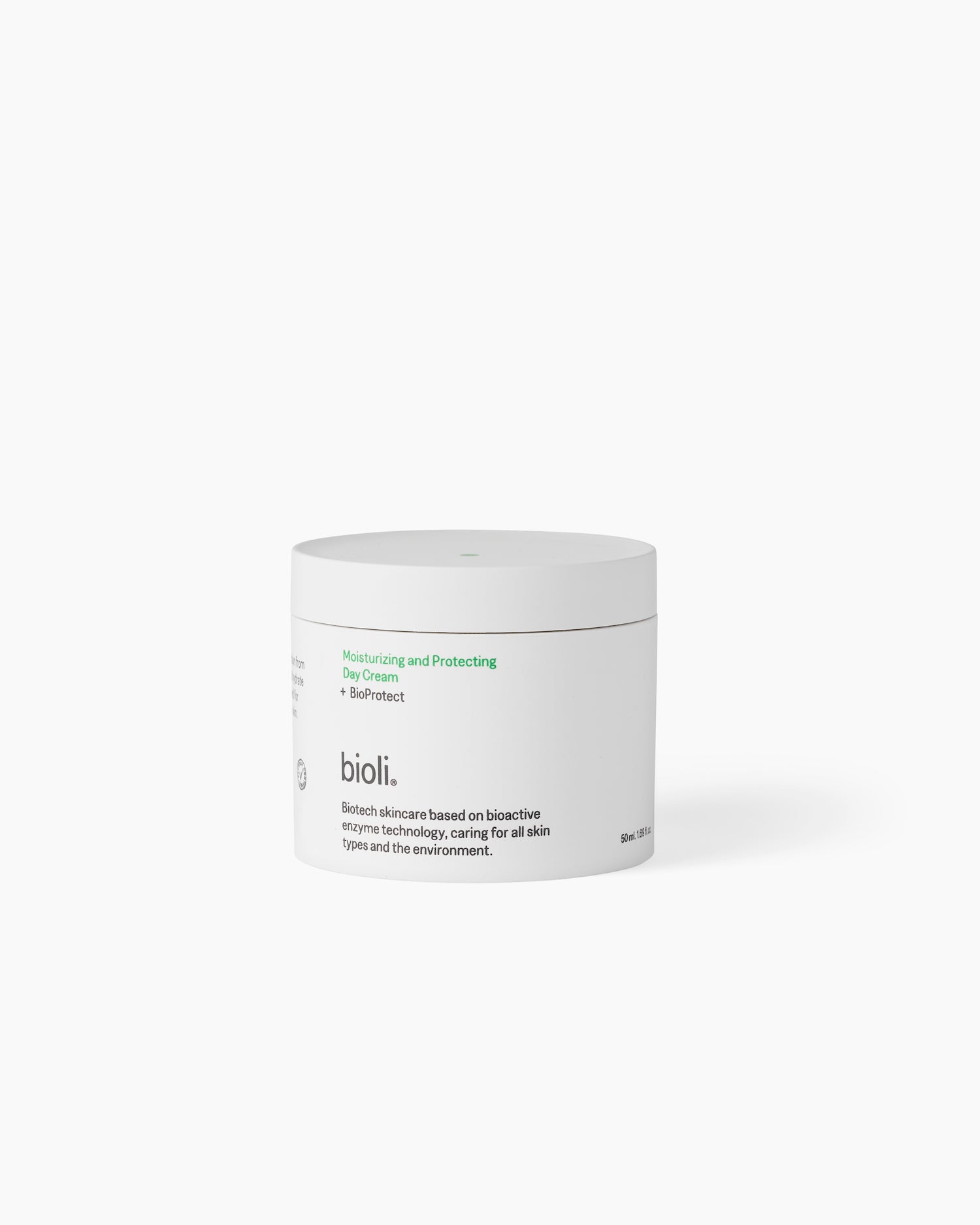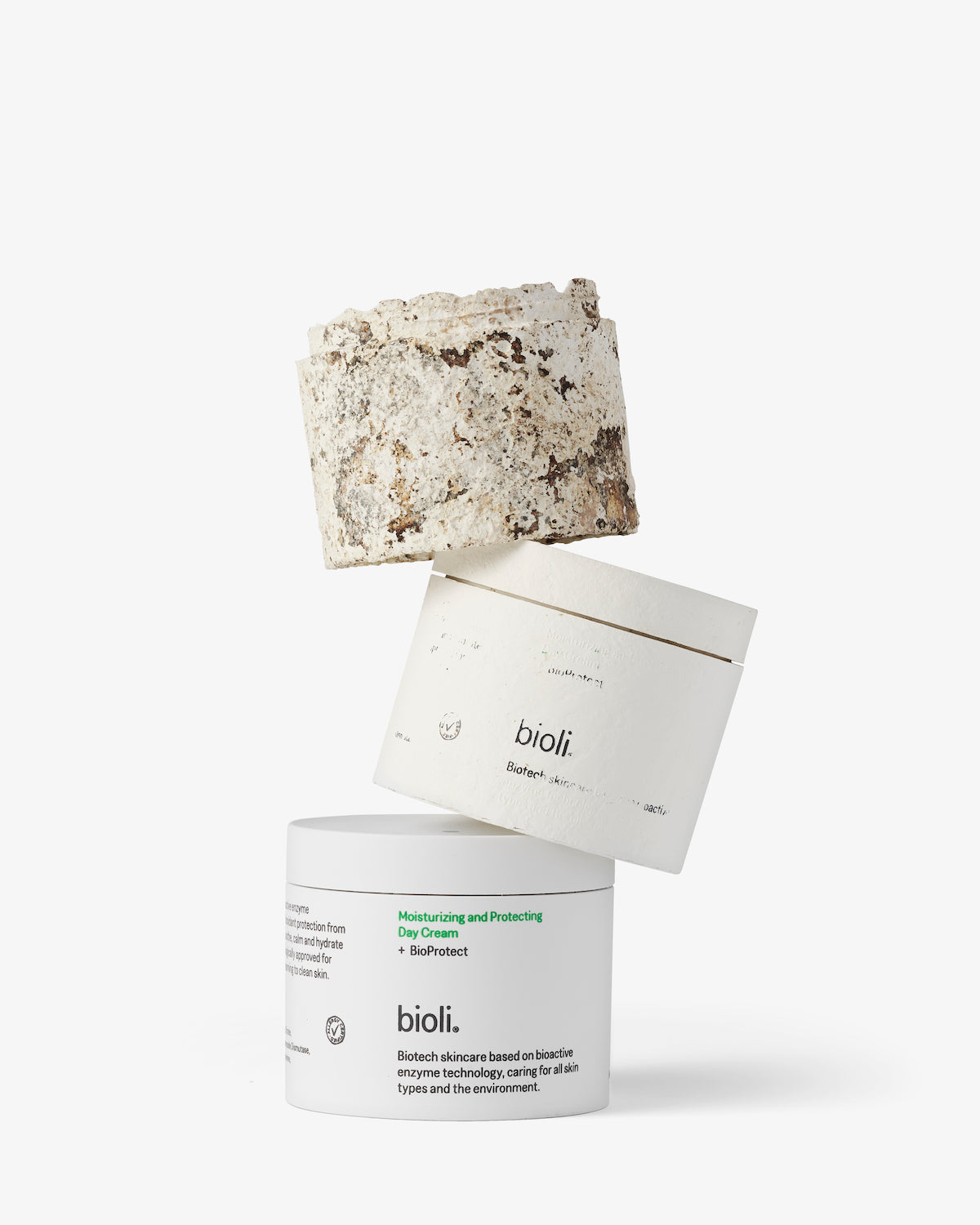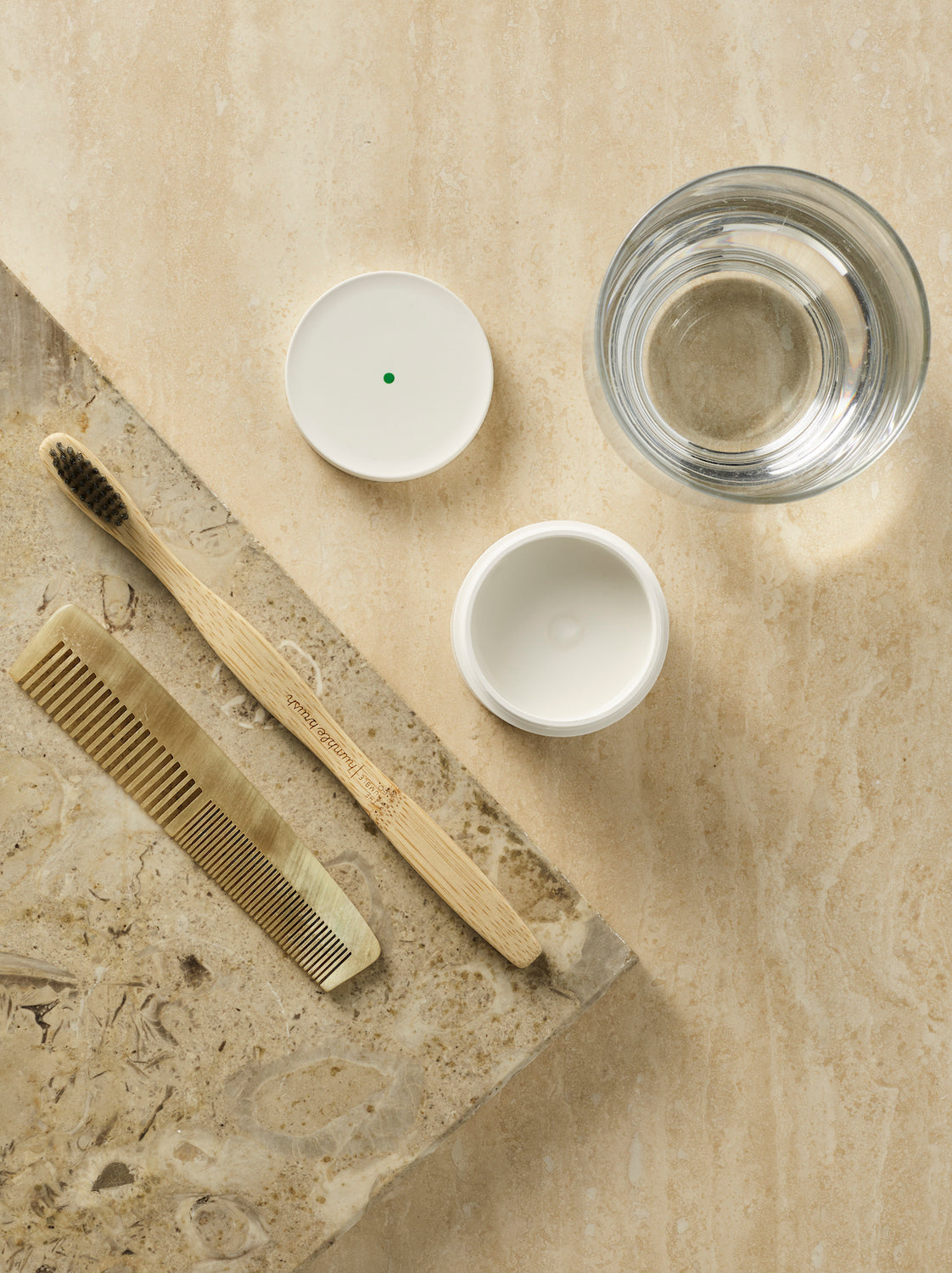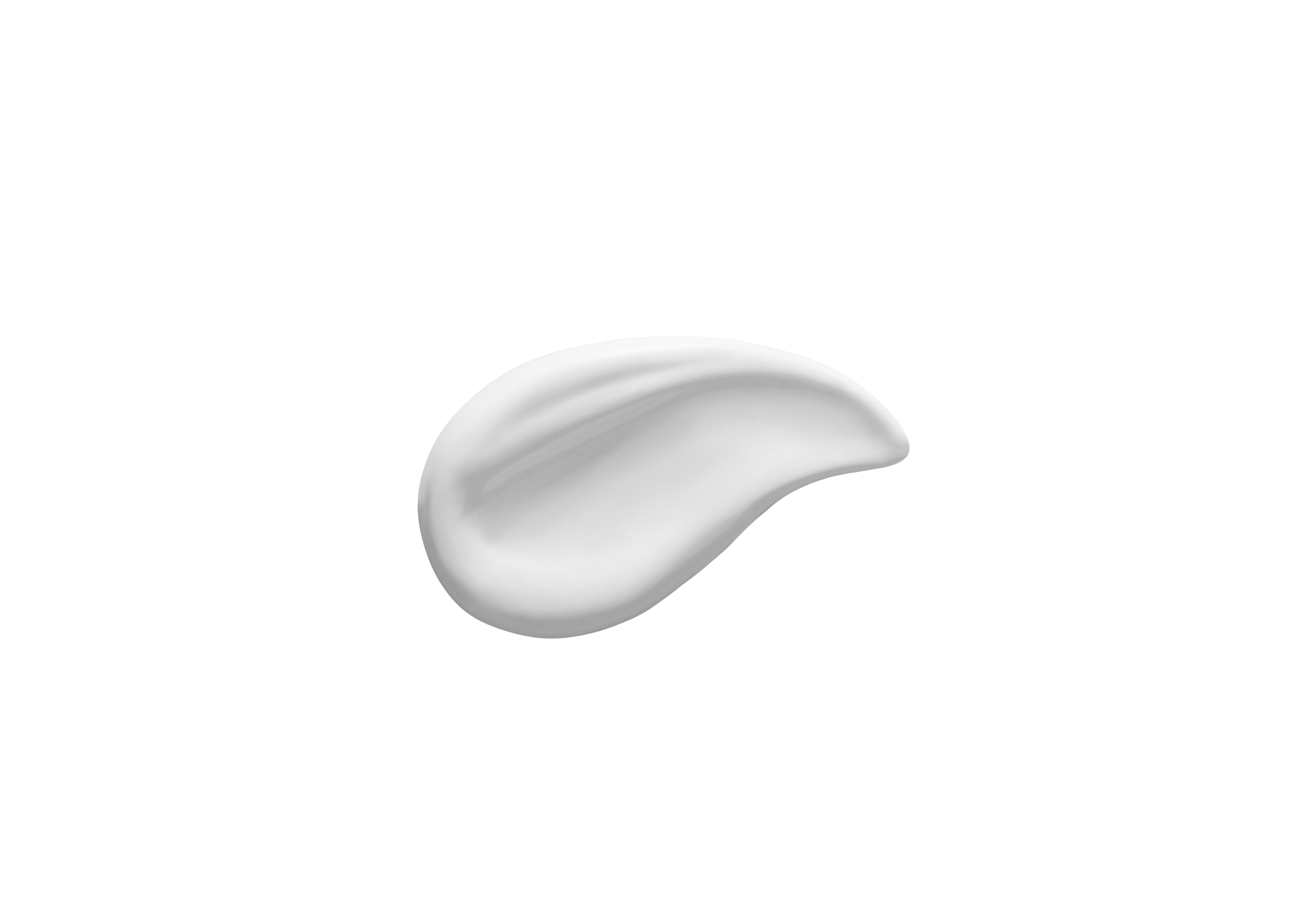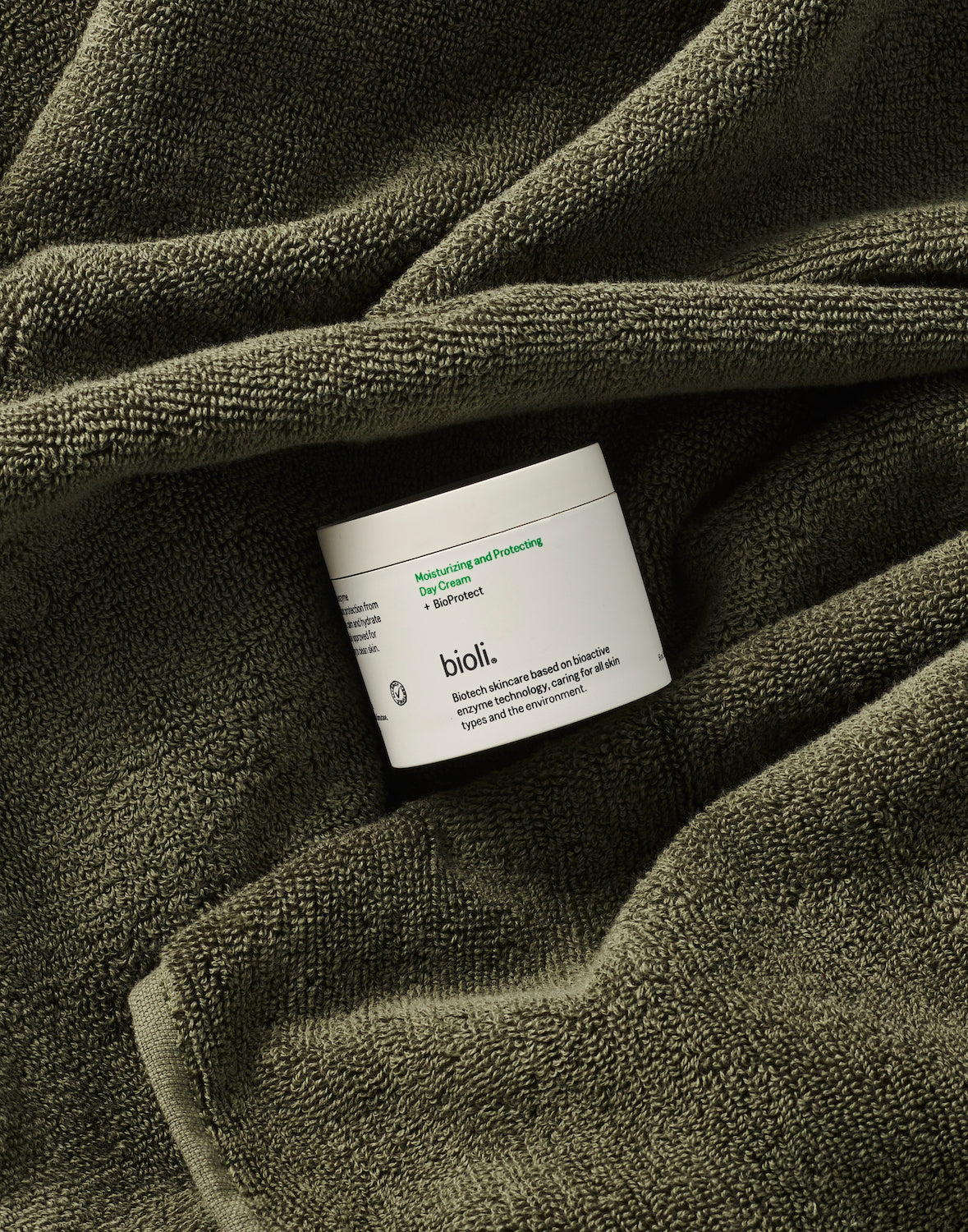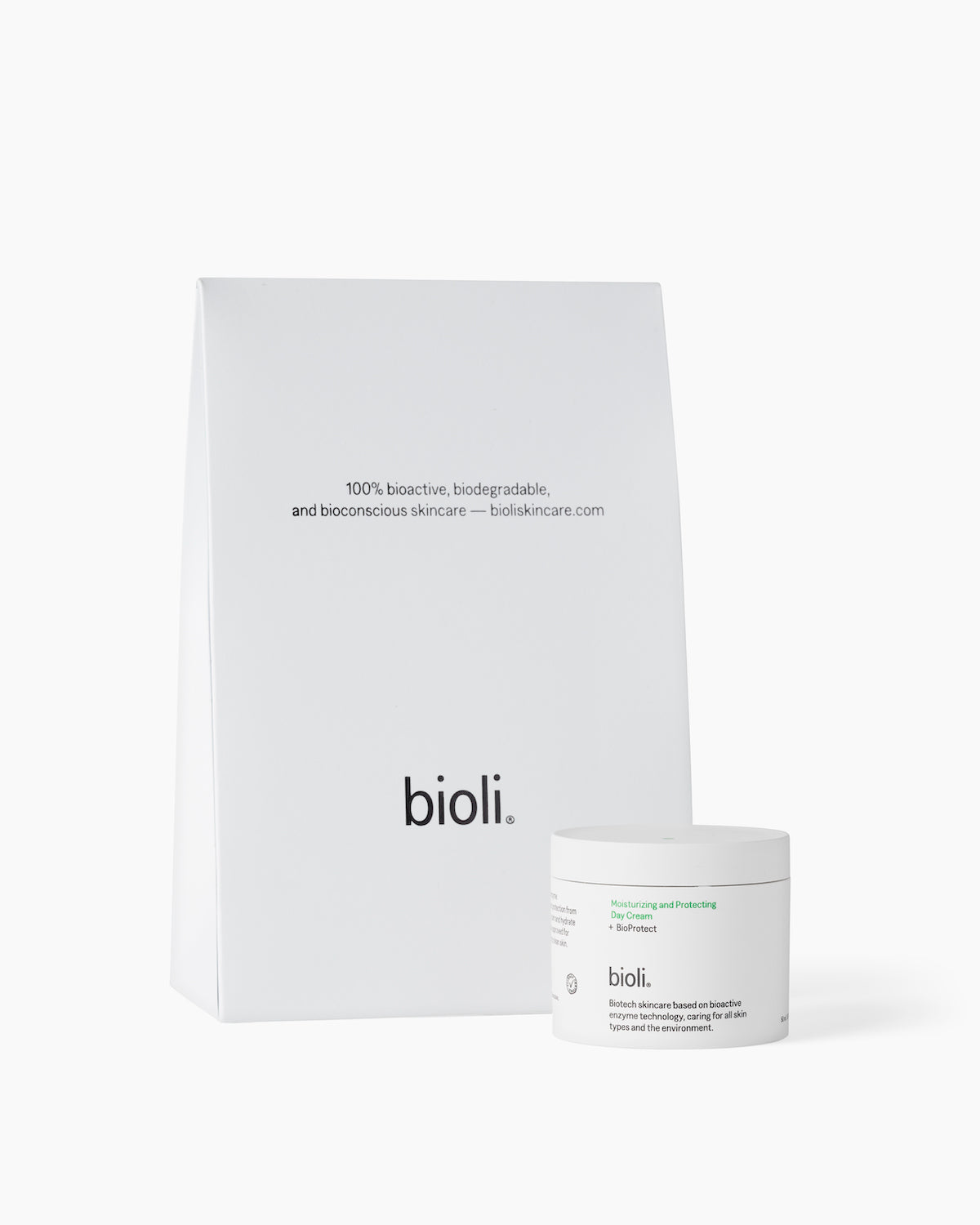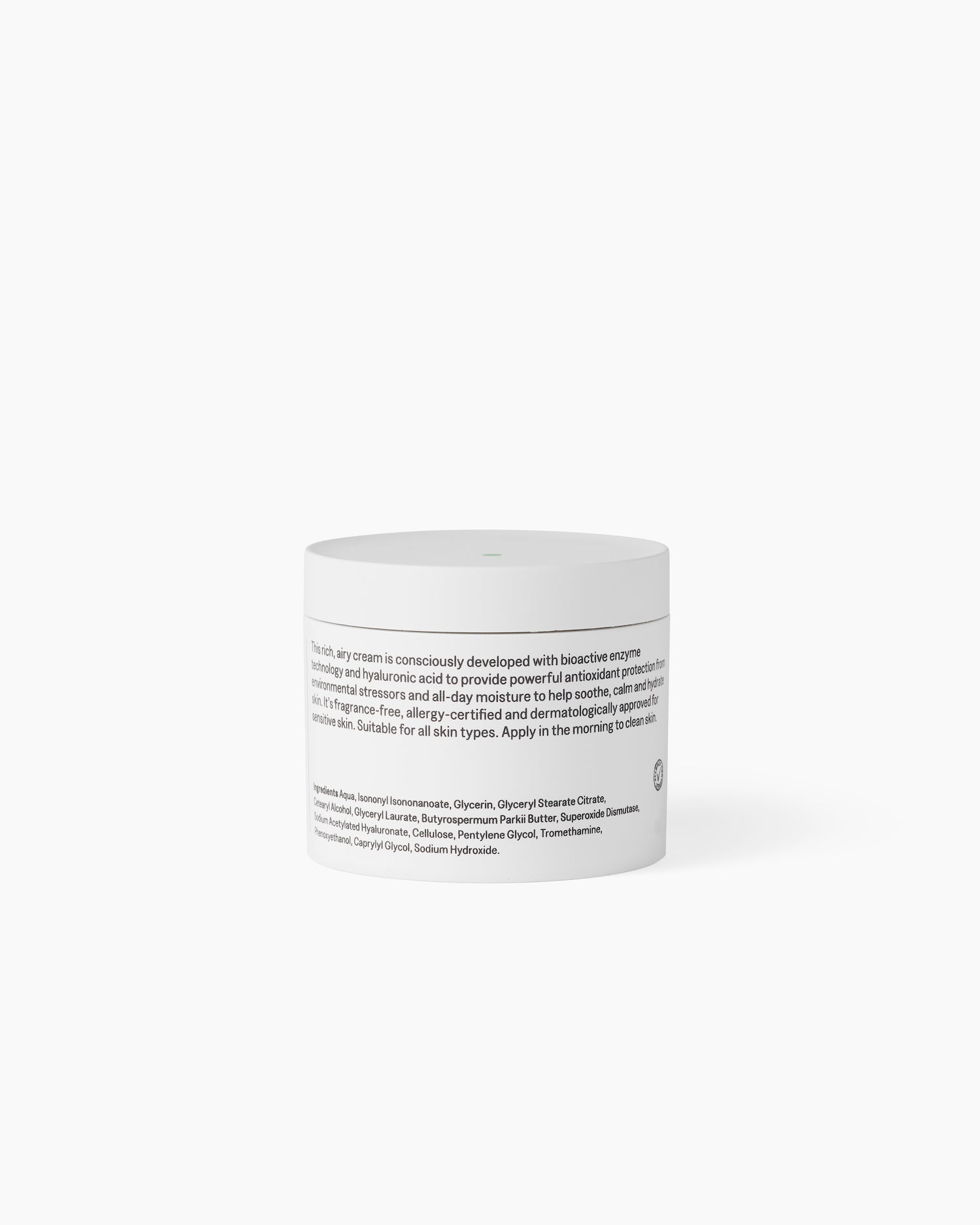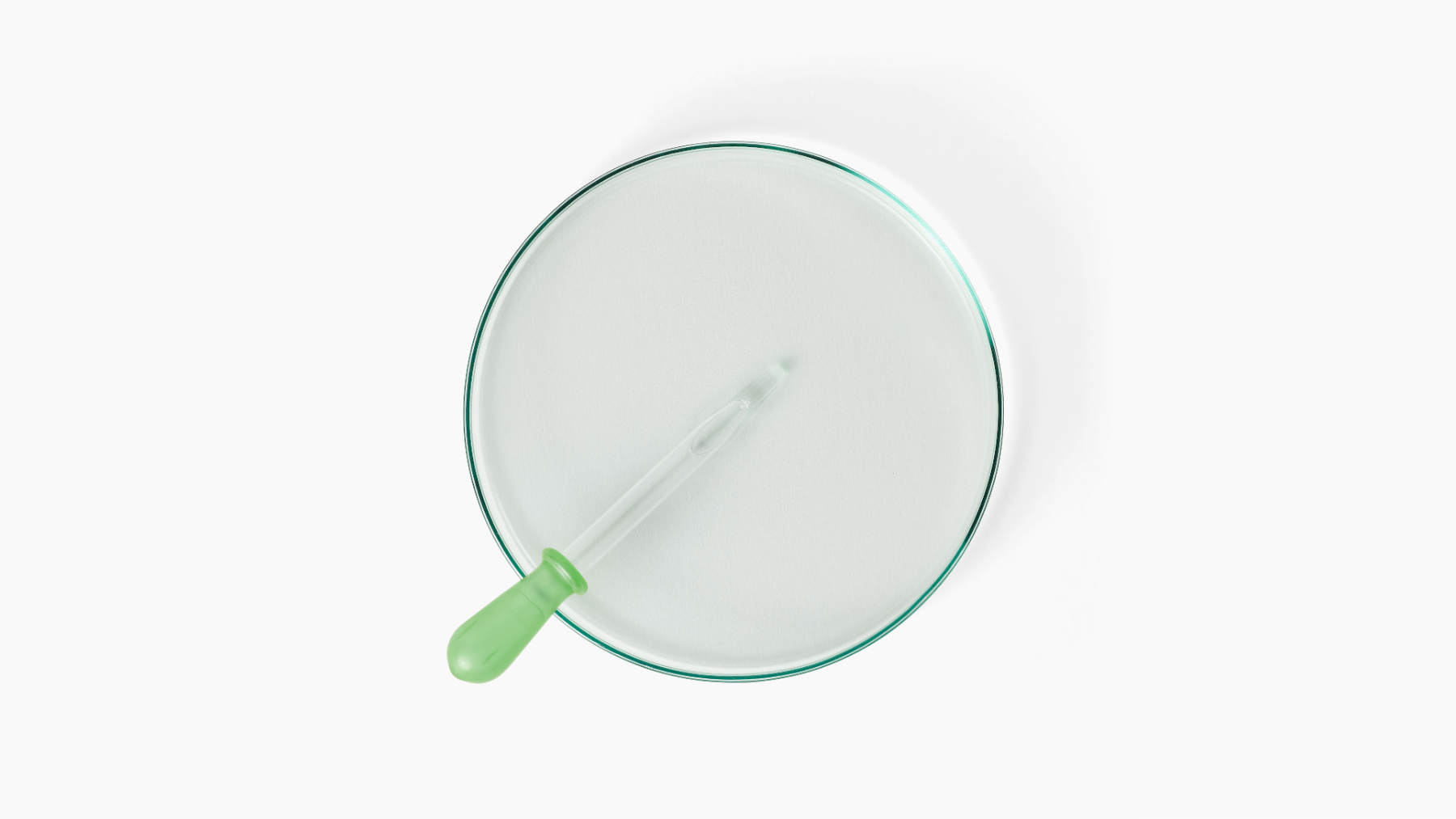Shelfie is the modern-day Selfie. This practice involves presenting oneself by capturing a photo of an artfully arranged shelf and sharing it on social media. These carefully curated posts can be thought of as 'word-of-mouth in visual form'. Notably, companies are increasingly leveraging the shelfie trend as a powerful tool for promoting their businesses.
The transition to sustainable practices
However, global events such as the COVID-19 pandemic, conflicts like the current wars, and the escalating impacts of climate change have sparked a shift away from the culture of conspicuous consumption.
Suddenly, showcasing an extensive beauty collection and engaging in excessive consumption seem trivial and disconnected from our evolving priorities.
Pursuing healthier skin with less
The question is also if our skin would be healthier if we used fewer products and ingredients, and if these lengthy skincare routines are actually causing damage to the skin barrier, which is also the key messaging in Doctor and preventative medicine expert James Hambli’s book ‘Clean’.
As ‘The New York Times’ announced in an article titled ‘All Those Products Are Making Your Skin Worse’, all those products are, in fact, making your skin worse.
Acne, rosacea, eczema, and psoriasis are on the rise, in lockstep with the growing number of skincare offerings in the market.
Overburdening the skin with an extensive regimen can prove detrimental. Often, natural skin oils are stripped away, only to be replaced with layers of products.
‘It’s important to think about our skin’s natural barrier and some of the issues seen in practice when that barrier becomes impaired’,
says Formula Botanica CEO Lorraine Dallmeier in one of her podcast.
Embracing ‘Skinimalism’
Encouragingly, a counter-trend is emerging: Skinimalism. According to Pinterest’s trend prediction report, Skinimalism is defined as:
“Skinimalism describes the stripping back of our skincare (and make-up) routines in favor of a more minimalist approach; whether that means reducing the number of products and active ingredients in our routines, or simply wearing less foundation to allow our real skin to shine through”.
Skinimalism advocates for taking a step back, harnessing the potential of multitasking products, and embracing a more sustainable (often cost-effective) routine with fewer products. This shift allows for the use of fewer items, with an emphasis on products that offer multiple benefits. Seek out two-in-one or even three-in-one formulations designed to optimize resource utilization.
Synergistic trends
Parallel to Skinimalism, other trends like the ‘Make-up / No-Makeup’ trend and ‘Raw Beauty’ are gaining traction. The former celebrates a more natural appearance, while the latter centers around the use of minimally processed ingredients in skincare. Another one is ‘The essence of Minimalism’. Lorraine reiterates this sentiment in the same podcast episode.
"It’s about buying the products that you need, that bring you joy, that are good for you for your skin. It’s about bringing back that joy of using a really well-formulated product that you know is going to do exactly what you want it to do."


